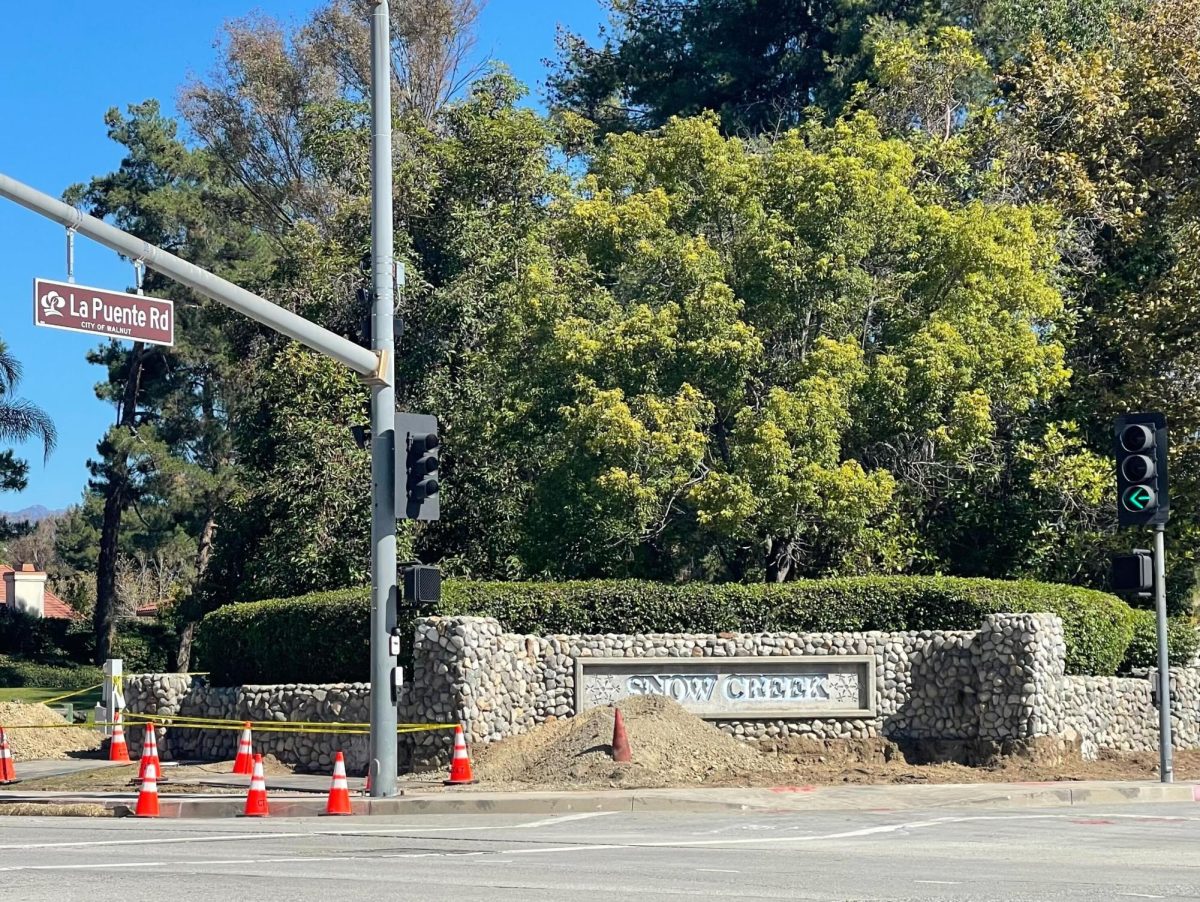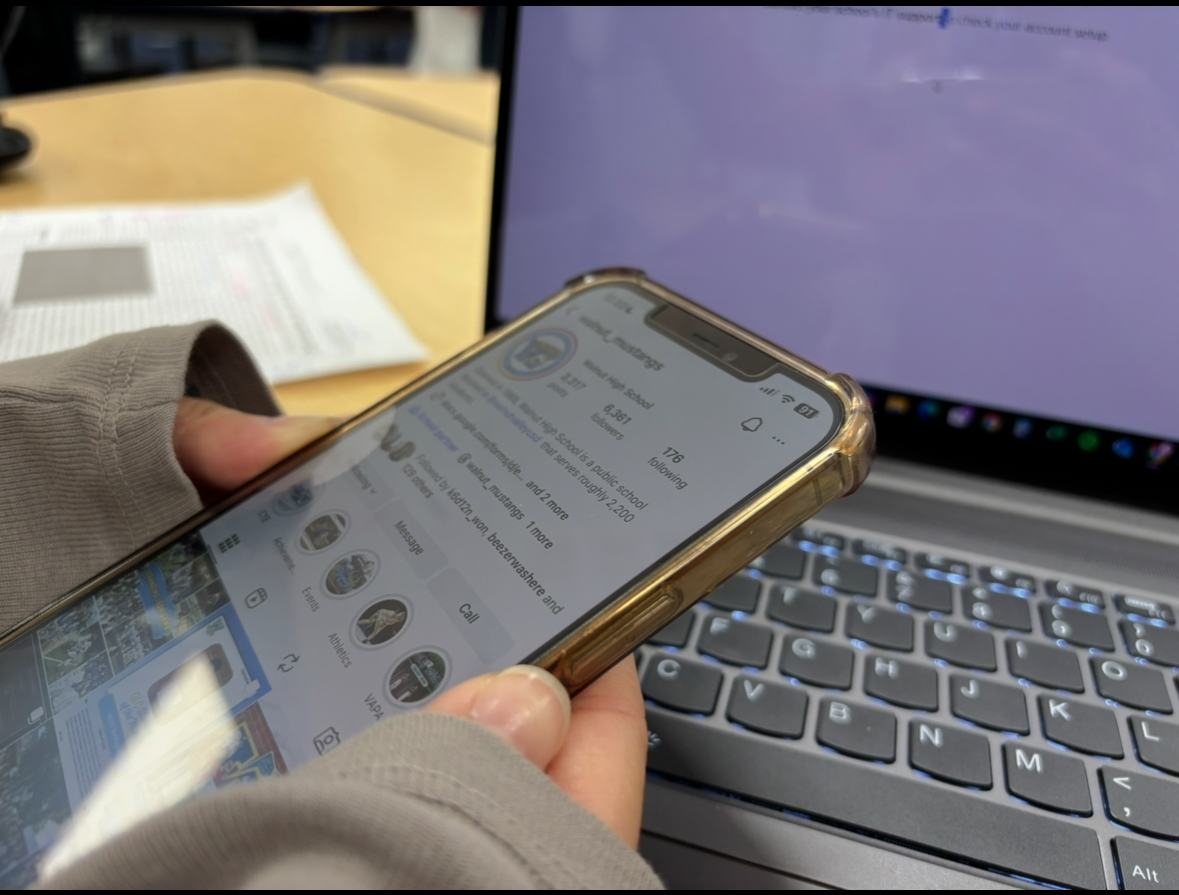Starting in March 2024, the Scholastic Assessment Test (SAT) offered by CollegeBoard will be fully transitioning from the traditional pen and paper to a digital exam.
The SAT, a widely-used standardized test for college admissions in the United States, evaluates a student’s readiness for college and is typically taken by high school students. It assesses mathematical proficiency and evidence-based reading and writing skills. Scores on the SAT often play a crucial role in college admissions decisions. However, after the COVID-19 pandemic, the SAT has become an optional standardized test for many colleges. According to fairtest.org, more than 1,900 schools will not require applicants to submit SAT/ACT scores for admissions of fall 2024 including the UCs who have announced they will be “test-blind” for in-state students starting with the class of 2023-2024.
One of the main changes is that the test will be in an adaptive format, meaning the difficulty level of questions will change depending on a student’s performance as the student takes the exam. Other changes include the allowance of calculator usage throughout the entire mathematics section and the reduction from four sections to two. Test taking time will also be reduced from three hours to two hours and 45 minutes. Moreover, test administrators will no longer need to personally organize and ship off bubble sheets as the tests can now be submitted by one click on the computer, with students able to receive their scores without waiting for shipping and scanning procedures.
“I’m not sure how big of a change it will be but most people took the paper one because they fear that studying for one will not translate over to the other. I’m personally not too worried about the change in studying since I didn’t study that much for the paper SAT and I’m planning on studying with Khan Academy for the digital SAT.” junior Ethan Zheng (who plans on taking the August 2024 SAT) said.
Attention and indifference are both prevalent in response to the recent but not abrupt changes and reactions vary per person. Along with the changes that the education system is adapting to, students also work to accommodate these changes.
“I think these changes will definitely affect students a lot. I like that it is shorter and digital but I also don’t support this new digital version of the SAT. I feel like many students would have to change the way they have been studying for the test to accommodate for the new adaptive format,” junior Kacy Chen (who is registered for the March 2024 test) said.
Mixed feelings highlight the complexity of adapting to the SAT’s modifications.
“As coordinator, I no longer have to collect and send out stacks of tests in heavy boxes which is pretty neat, but at the same time it feels like you are relying on an outside entity where you’re at the mercy of the computer. I have mixed feelings about it,” Grade Level Coordinator (GLC) Sonia Nunez said.
At Walnut High School, formal tutoring for the SAT and ACT are unavailable, but students can access preparation books for these tests in the school library. For students looking to take free digital SAT/ACT practice tests, GLCs would recommend revolutionprep.com. Other resources that include free SAT/ACT practices can be found on khanacademy.org which could be accessed by students with a collegeboard account.








